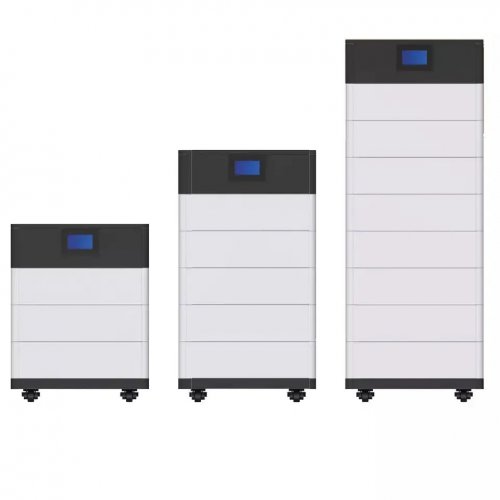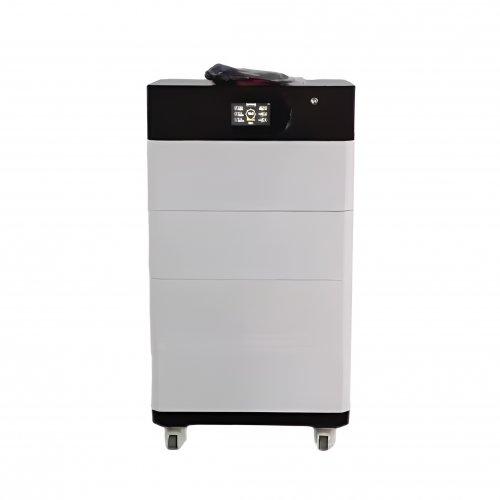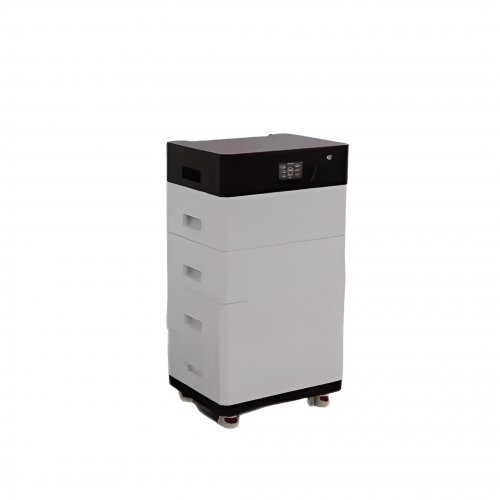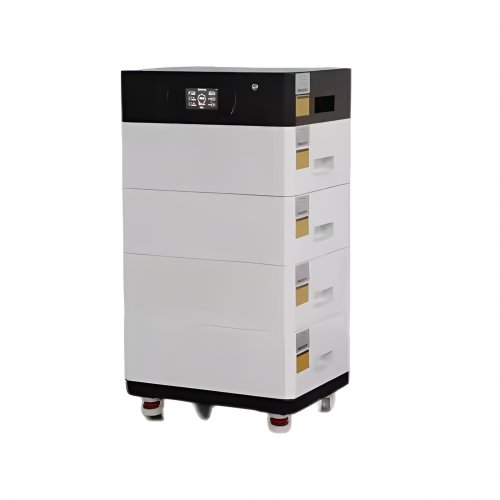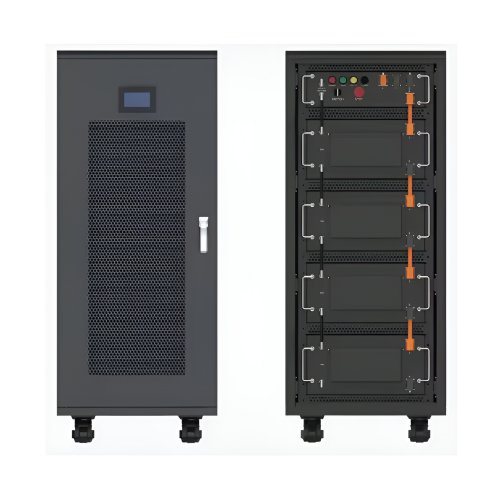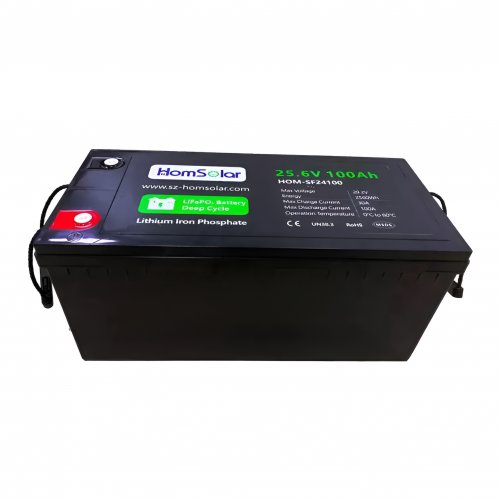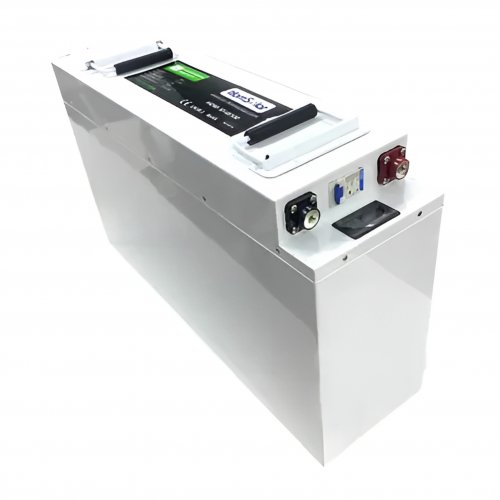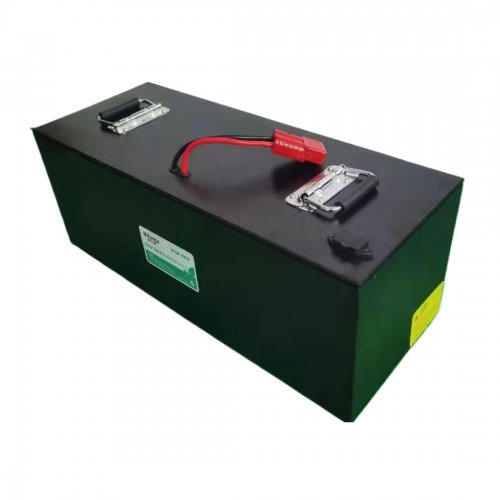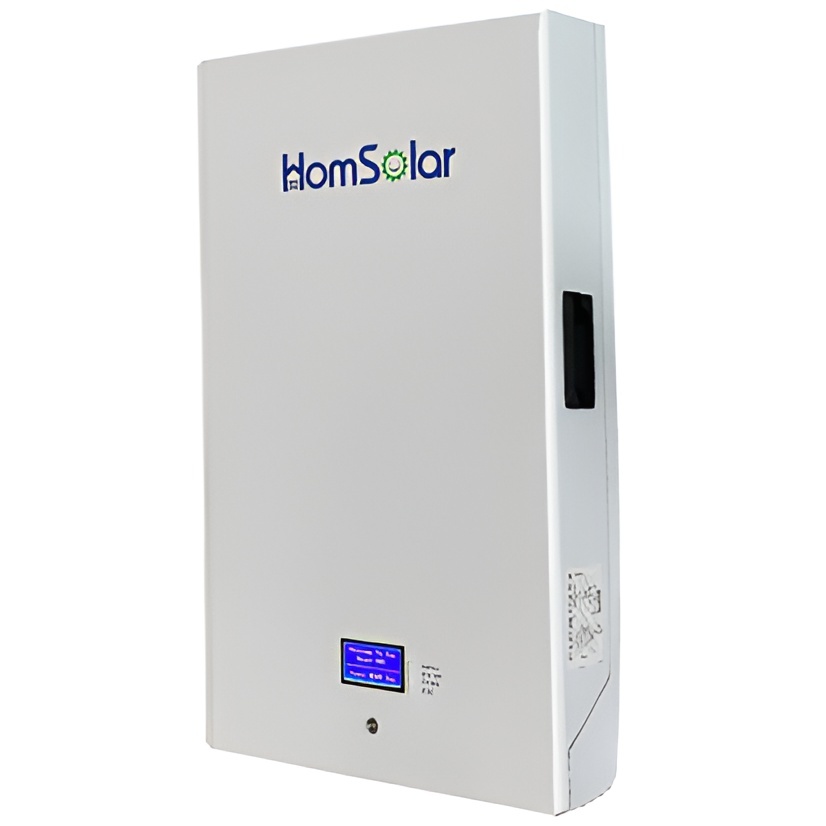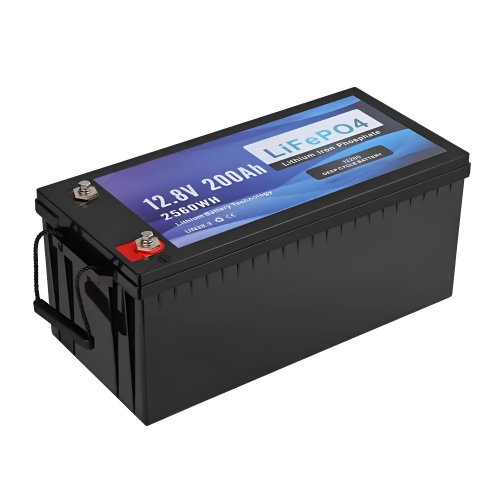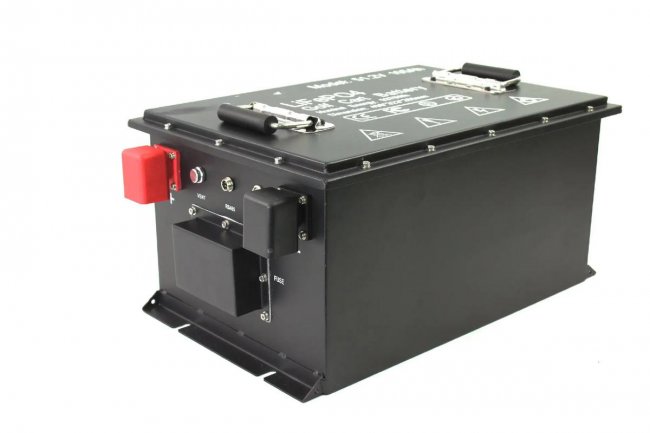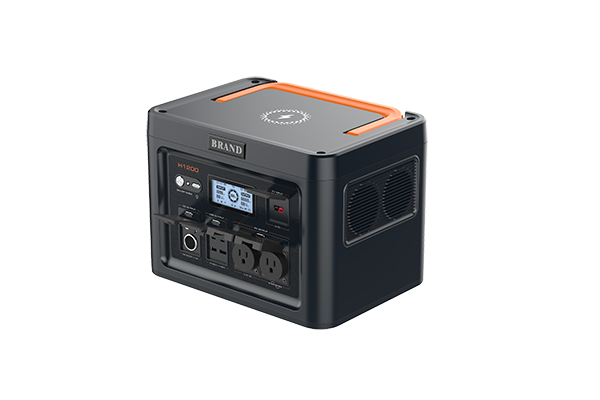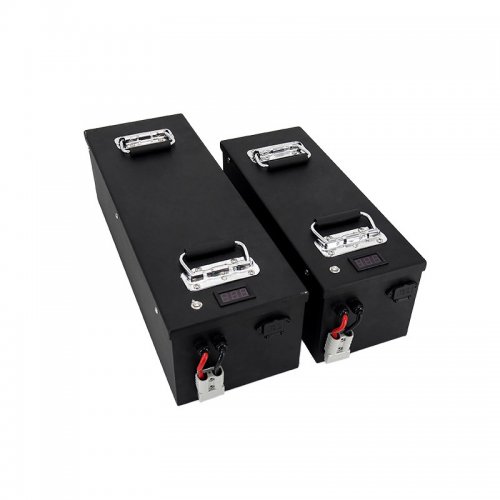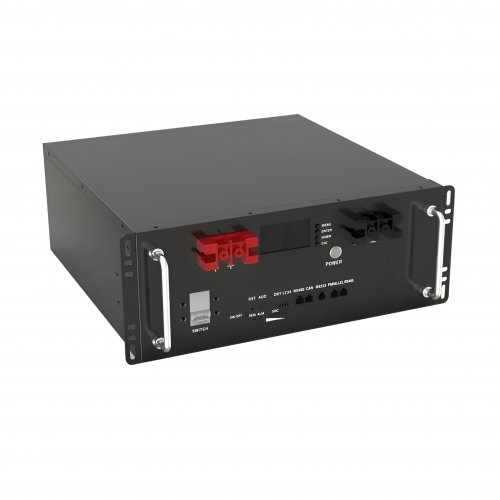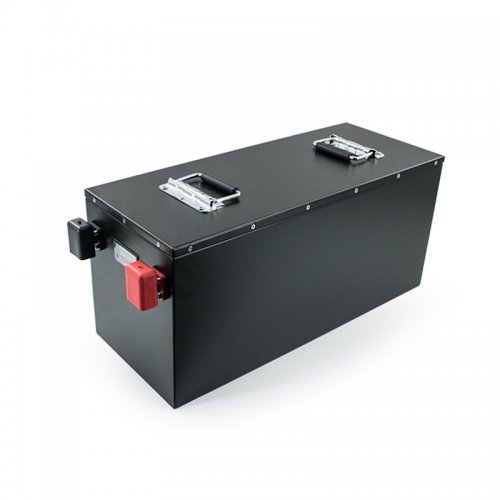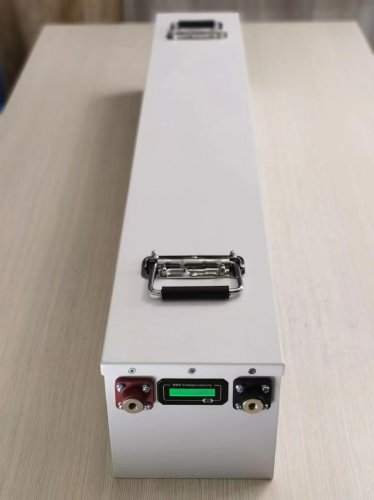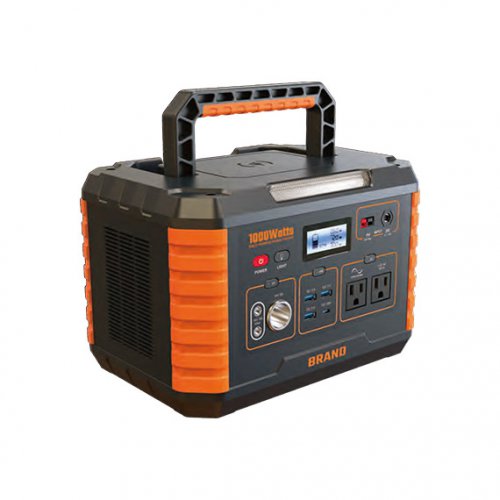Battery Technology News: Breakthroughs And Market Shifts Reshaping The Energy Storage Landscape
The global battery technology sector is undergoing a transformative phase, driven by surging demand for electric vehicles (EVs), renewable energy storage, and portable electronics. Recent advancements in materials science, manufacturing processes, and policy support are accelerating innovation, while market dynamics reveal both opportunities and challenges for stakeholders.
1. Solid-State Batteries Gain Momentum Solid-state batteries (SSBs) have emerged as a frontrunner in next-generation energy storage solutions. Toyota recently announced plans to commercialize SSBs by 2027, targeting EVs with ranges exceeding 1,200 km per charge. Meanwhile, QuantumScape, a U.S.-based startup backed by Volkswagen, reported successful performance tests of its lithium-metal SSBs, achieving over 1,000 charge cycles with minimal degradation.
Industry analysts note that SSBs could address critical limitations of conventional lithium-ion batteries, including safety risks (e.g., thermal runaway) and energy density ceilings. However, scalability and cost remain hurdles, with current production costs estimated at 2–3 times higher than lithium-ion equivalents.
2. Sodium-Ion Batteries Enter the Mainstream As lithium prices fluctuate and geopolitical tensions disrupt supply chains, sodium-ion batteries (SIBs) are gaining traction. Chinese battery giant CATL unveiled its first SIB-powered EV in 2023, signaling a shift toward more affordable and sustainable alternatives. SIBs leverage abundant sodium resources, reducing reliance on lithium, cobalt, and nickel. While their energy density lags behind lithium-ion, improvements in cathode materials—such as layered oxides and polyanionic compounds—are narrowing the gap.
Europe and North America are also investing in SIB research. The UK’s Faradion secured funding to expand production, while U.S. startups like Natron Energy focus on grid storage applications.
3. Recycling and Sustainability Take Center Stage With the EV boom expected to generate 11 million metric tons of spent lithium-ion batteries by 2030, recycling technologies are critical. Redwood Materials, founded by Tesla alum JB Straubel, raised $1 billion to scale its closed-loop recycling facilities, recovering over 95% of battery metals. Similarly, Sweden’s Northvolt announced its Revolt program, aiming to produce 50% recycled materials in new batteries by 2030.
Regulatory pressures are mounting. The EU’s new Battery Regulation mandates minimum recycled content (16% cobalt, 6% lithium/nickel by 2031), pushing manufacturers to adopt circular economy models.
1. AI and Battery R&D Artificial intelligence is revolutionizing battery development. Companies like IBM and Microsoft are deploying machine learning to accelerate materials discovery, predicting optimal electrolyte compositions and electrode designs. Google DeepMind’s recent collaboration with battery researchers identified 380,000 stable material candidates in weeks—a task that would take decades via traditional methods.
2. Gigafactory Expansion Amid Geopolitical Tensions Global battery production capacity is projected to exceed 6,000 GWh by 2030, with China dominating 70% of the market. In response, the U.S. Inflation Reduction Act (IRA) allocates $7 billion to bolster domestic supply chains, spurring projects like Ford’s $3.5 billion Michigan plant (in partnership with CATL). Europe, meanwhile, is racing to localize production, with 35 gigafactories planned by 2035.
However, geopolitical risks persist. U.S.-China trade restrictions on graphite and Indonesia’s nickel export bans underscore vulnerabilities in raw material sourcing.
3. Second-Life Battery Applications As EV batteries degrade to 70–80% capacity, repurposing them for stationary storage is gaining momentum. BMW’s partnership with Off Grid Energy in Africa and Nissan’s xStorage initiative exemplify this trend. Experts estimate the second-life market could reach $10 billion by 2030, though standardization and cost remain barriers.
Dr. Shirley Meng, a materials scientist at the University of Chicago, emphasizes the need for diversified chemistries:"No single battery technology will dominate. The future lies in tailored solutions—lithium-ion for EVs, sodium-ion for grid storage, and solid-state for premium applications."Meanwhile, BloombergNEF’s energy storage lead, Yayoi Sekine, cautions:"While innovation is rapid, commercialization timelines are often overstated. Supply chain resilience and policy stability will determine winners."
The battery technology sector stands at a crossroads, balancing breakthrough innovations with real-world scalability. From solid-state ambitions to sodium-ion pragmatism, the industry’s evolution will hinge on collaboration across academia, governments, and private enterprises. As competition intensifies, sustainability and supply chain security will define the next decade of energy storage.For further updates on battery technology trends, follow industry reports from BloombergNEF, IDTechEx, and the International Energy Agency (IEA).Customized/OEM/ODM Service
HomSolar Supports Lifepo4 battery pack customization/OEM/ODM service, welcome to contact us and tell us your needs.


HomSolar: Your One-stop LiFePO4 Battery Pack & ESS Solution Manufacturer
Our line of LiFePO4 (LFP) batteries offer a solution to demanding applications that require a lighter weight, longer life, and higher capacity battery. Features include advanced battery management systems (BMS), Bluetooth® communication and active intelligent monitoring.

Customised Lithium Iron Phosphate Battery Casing
ABS plastic housing, aluminium housing, stainless steel housing and iron housing are available, and can also be designed and customised according to your needs.

HomSolar Smart BMS
Intelligent Battery Management System for HomSolar Energy Storage System. Bluetooth, temperature sensor, LCD display, CAN interface, UART interface also available.


Terminals & Plugs Can Be Customized
A wide range of terminals and plugs can be customised to suit the application needs of your battery products.

Well-designed Solutions for Energy Storage Systems
We will design the perfect energy storage system solution according to your needs, so that you can easily solve the specific industry applications of battery products.



About Our Battery Cells
Our energy storage system products use brand new grade A LiFePO4 cells with a battery lifespan of more than 4,000 charge/discharge cycles.



Applications in Different Industries
We supply customized & OEM battery pack, assemble cells with wiring, fuse and plastic cover, all the cell wires connected to PCB plug or built BMS.
Applications: E-bike, Electric Scooter, Golf Carts, RV, Electric Wheelchair, Electric Tools, Robot Cleaner, Robot Sweeper, Solar Energy Storage System, Emergency Light, Solar Power Light, Medical Equipment, UPS Backup Power Supply.
We can provide you with customized services. We have the ability to provide a vertical supply chain, from single cells to pack/module and to a complete power solution with BMS, etc.


HomSolar (Shenzhen) Technology Co., Ltd







